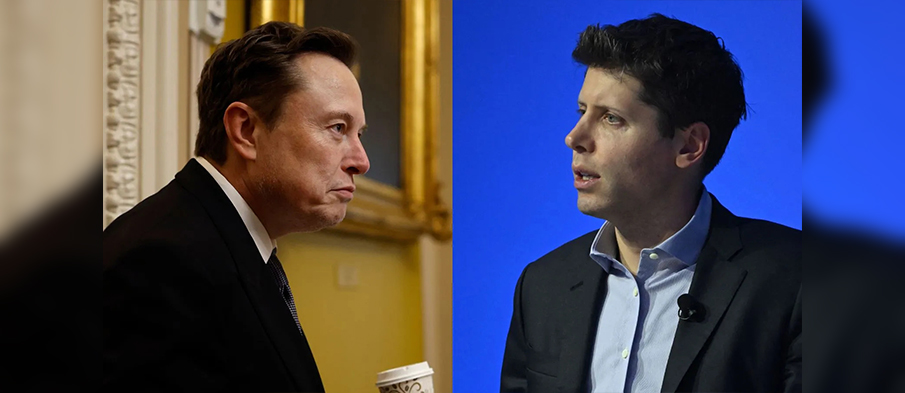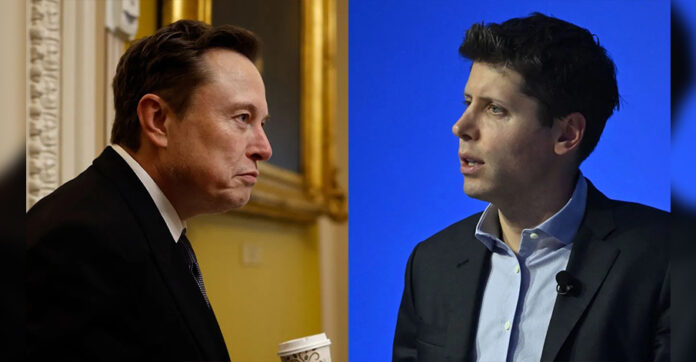
In a dramatic twist that underscores the evolving power dynamics in the artificial intelligence industry, Elon Musk, alongside a consortium of investors, has made a monumental $97.4 billion offer to acquire OpenAI. The proposed acquisition aims to redirect OpenAI back to its original nonprofit mission of AI research for humanity’s benefit. However, the bid was swiftly rejected by OpenAI CEO Sam Altman, who reportedly responded with a satirical counteroffer—offering to purchase Musk’s social media platform, X (formerly Twitter), for $9.74 billion instead.
This exchange highlights the ongoing tensions between Musk and OpenAI, a company he co-founded but later distanced himself from due to disagreements over its strategic direction. Musk has long criticized OpenAI’s shift from a nonprofit research institution to a dominant for-profit entity, arguing that its deepening partnership with Microsoft compromises its foundational mission. He has been particularly vocal about concerns that AI development is being driven by corporate interests rather than prioritizing public good.
Meanwhile, OpenAI continues to assert its position as a leader in the generative AI space, advancing its models and expanding its influence globally. Under Altman’s leadership, the company has secured significant investments and technological collaborations, solidifying its dominance in the AI sector. OpenAI’s close ties with Microsoft, including its integration into Microsoft’s ecosystem, have further bolstered its strategic position, making any major ownership shift highly unlikely.
Despite Musk’s staggering offer, industry analysts suggest that OpenAI’s trajectory remains firmly aligned with its current commercial partnerships. Microsoft’s backing, alongside its investment in OpenAI’s AI infrastructure, means that the organization is unlikely to abandon its for-profit model. Additionally, OpenAI’s market influence and research breakthroughs have positioned it as a key player in the AI revolution, making a drastic restructuring improbable.
As the AI industry continues to evolve, these power struggles underscore the competing visions for the future of artificial intelligence. Musk’s insistence on a more open and nonprofit approach contrasts sharply with the commercialization of AI technologies, raising critical questions about ethics, accessibility, and corporate influence in AI governance. While his latest bid may have been rejected, the debate over AI’s future—and the role of major tech leaders in shaping it—is far from over.





